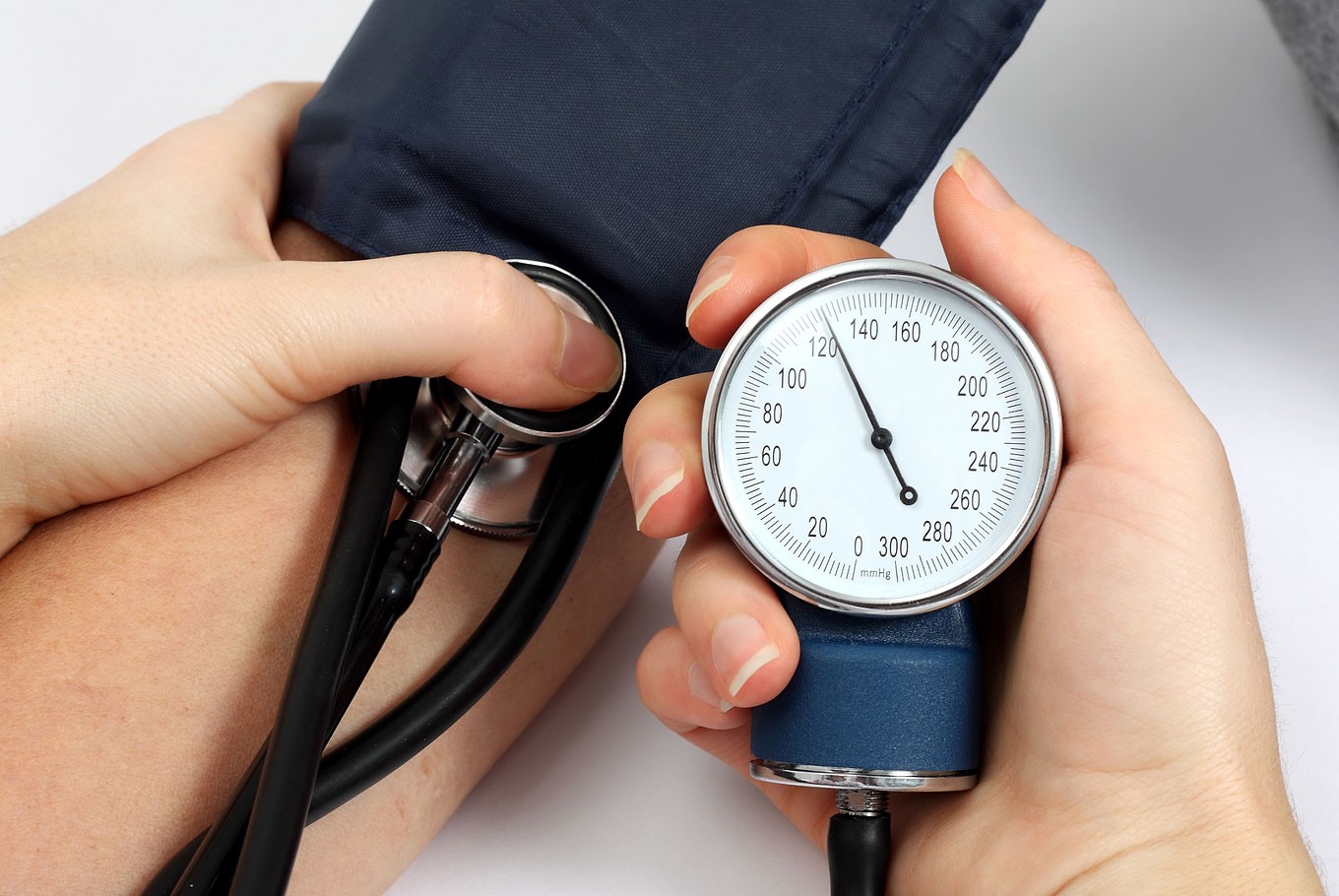Popular Reads
Top Results
Can't find what you're looking for?
View all search resultsPopular Reads
Top Results
Can't find what you're looking for?
View all search resultsDoes anxiety cause high blood pressure?
Stress, pressure, tension and anxiety are often synonymous. Therefore, it is not surprising that hypertension is viewed by many as indication of a state of increased emotional tension, anxiety, or stress.
Change text size
Gift Premium Articles
to Anyone
S
tress, pressure, tension and anxiety are often synonymous. Therefore, it is not surprising that hypertension is viewed by many as indication of a state of increased emotional tension, anxiety, or stress. If such a connection does exist, which comes first? Could they have a common cause?
From the question a debate has ensued whether a particular “hypertensive personality” exists. Some believe that patients with hypertension are characterized by a generalized state of increased anxiety, while others claim that feelings of suppressed anger are more common. A tendency towards submissiveness and introversion has also been suggested, and increased denial and resistance to pain have been reported in those with a family history of high blood pressure. How can such varied views be reconciled?
Why does anxiety relate to hypertension?
Anxiety, or stress, is linked to temporary increases in blood pressure, but not to chronic high blood pressure. This is true even in patients who suffer from chronic anxiety disorder.
Periods of anxiety trigger the release of hormones that cause an increased heart rate and decreased blood vessel diameter, both of which lead to increased blood pressure.
The effect of stress on short-term blood pressure can be dramatic, leading to mean arterial pressure increases of between 30 and 40 percent. These changes are short-lived though, with heart rate, blood vessel diameter and blood pressure returning to normal as the hormones subside.
People with chronic anxiety disorders do not have chronic blood pressure increases as a result of their anxiety. In these patients, the nervous and cardiovascular systems seem to reset their normal point to account for the chronic increase in stress hormones. Just as patients without anxiety disorders have periods of stress, people with chronic anxiety disorder also have periods of higher anxiety, and their blood pressure responds similarly during these times.
The blood pressure impact of stress is still a cause for concern, though, which is why anxiety and stress are often listed as a cause of high blood pressure. Repeated, short bursts of elevated blood pressure can be as damaging as chronic blood pressure elevations. The damage that occurs to the blood vessels, heart and kidneys is very similar in these two different situations.
Regardless of whether the damage happens in a series of short bursts or over time, it is still cumulative, and the effects of both types of blood pressure elevation are the same—increased risk of organ damage, heart attack, stroke and death.
(Read also: Aromas, music help reduce stress in workplaces)
How does chronic anxiety damage my organs?
Anxiety does not cause long-term hypertension. However, episodes of anxiety can cause dramatic, temporary spikes in your blood pressure.
If those temporary spikes occur frequently, such as every day, they can cause damage to your blood vessels, heart and kidneys, as can chronic high blood pressure. In addition, when you have anxiety you are more likely to resort to other unhealthy habits that can increase your blood pressure, such as smoking, consume alcohol and overeating.
Some medications to treat anxiety and other mental health conditions such as serotonin and norepinephrine reuptake inhibitors (SNRIs), can also increase your blood pressure.
How is hypertension treated?
Given hypertension can have many causes requiring very different treatments is attested to by the more than 80 different prescriptions currently available. Moreover, deciding how to treat blood pressure in people with underlying stress or anxiety problems is complicated. Some of the medicines complement each other, while others can work against one another.
If you experience chronic stress, it is best to see a doctor. He or she can help you decide which course of treatment best meets your needs. (kes)












